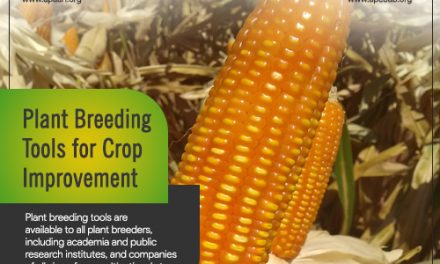COVID pandemic gripped the world at lightning speed, leading to a sudden economic and social crisis. There were no predictions as to the extent and depth of its impact, it was all experienced in real time. This sudden economic crisis is very different from the earlier ones where we could see them developing and impacting the world. Hence the one learning that we have is to be ready for drastic change at all times. No better example can be stated than that of Finland for readiness for medical emergencies, they have maintained their stocks since the second world war, that are coming handy today in managing the pandemic. The various sectors of our economy have to develop their own state of readiness to deal with sudden emergencies, be it maintain ample reserves, surveillance, technology readiness etc. Gone are the days when we could wait for the new products to appear in 8-10 years. Now even the COVID vaccine is on an accelerated timeline.
The next such crisis is anticipated to be triggered by climate change. Any such situation would deeply impact our food supply, worsening the crisis. Innovative technology would be necessary to produce ample amounts of nutritious food, manage storage and movement across the globe and maintain reserves for future use. The most time intensive aspect of food production is generating successive generations of climate resilient crops, keeping pace with the unpredictable weather. Conventional breeding practices that take 8-10 years needs to be accelerated by using newer tools and better data analysis. One such tool that can enable faster generation of improved crop varieties, utilising knowledge from natural diversity is gene editing. A tool that would allow plant breeders to develop improved varieties at a faster pace with great precision.



